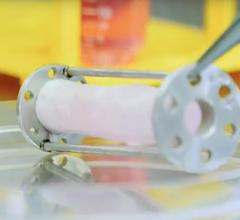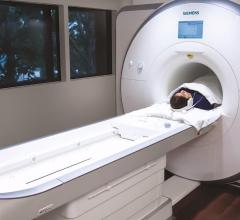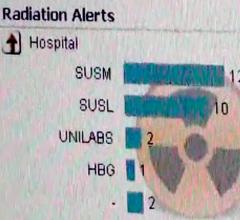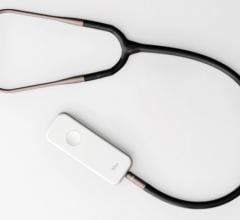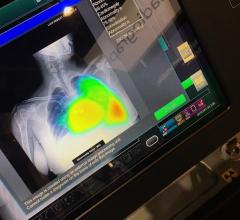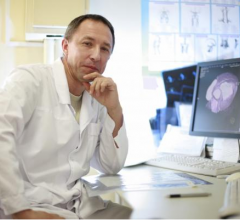December 30, 2019 — Most patients do not understand or recall information given to them before heart procedures. For ...
December 30, 2019 — Eko, a digital health company with an AI-powered cardiac screening platform, announced the second ...

December 27, 2019 — The U.S. Food and Drug Administration (FDA) has approved two applications for the first generics of ...
Providing exceptional cardiovascular care for patients to achieve the best possible outcomes is the number one goal for ...
While transcatheter heart valve replacement and repair devices are growing in popularity due to their delivery and ...
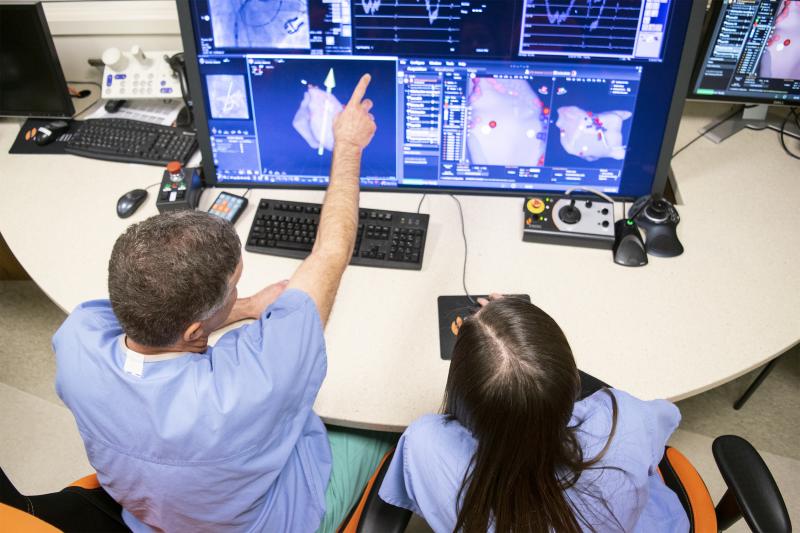
Robotic technology, which helps carry out repetitive tasks efficiently and precisely, has been gaining ground in society as a whole and industries around the world, including many areas of medicine. In medicine, this technology is well established for conducting laparoscopic surgeries of the abdomen and pelvis, and it is dominating in prostate surgery. Yet the uptake of robotics has been slow in electrophysiology (EP)
With all eyes on rising healthcare costs, reprocessing of single-use devices has become an increasingly important ...
Cardiac positron emission tomography (PET) is growing in popularity among cardiologists because it provides the ability ...
Environmental and lifestyle issues were popular this year, with pick up from both European Society of Cardiology (ESC) ...
James Carr, M.D., chair of the Department of Radiology, Northwestern University, and incoming 2020 President of the Society of Cardiac Magnetic Resonance (SCMR), explains why MRI is an ideal cardiac imaging modality, at the 2019 Radiological Society of North America (RSNA) meeting.
This is the LVivo auto cardiac ejection fraction (EF) app that uses artificial intelligence (AI) from the vendor Dia ...
When performing radiofrequency (RF) ablation to treat cardiac arrhythmia, medical professionals must balance the safety ...
Mahadevappa Mahesh, Ph.D., chief of medical physicist and professor of radiology and medical physics, Johns Hopkins University, presented a late-breaking study on how medical imaging radiation dose has started to drop over the past decade. He is the co-chair of the National Council on Radiation Protection and Measures Report (NCRP), and presented the most recent NCRP data analysis at the 2019 Radiological Society of North America (RSNA) meeting.
This is an example of an augmented reality (AR) training system for transesophageal echo (TEE) created by the simulation ...
December 19, 2019 — The U.S. Food and Drug Administration (FDA) has granted breakthrough status for a novel ECG-based ...
Change Healthcare Cardiology Hemodynamics is an integrated hemodynamic monitoring system for monitoring vital signs and ...
DAIC Editor Dave Fornell and Imaging Technology News (ITN) Consulting Editor Greg Freiherr offer a post-game report on ...
December 18, 2019 — In their latest report, “Cardiovascular Disease 2020-2030: Trends, Technologies & Outlook” IDTechEx ...
December 18, 2019 — Append Medical, developer of a novel left atrial appendage (LAA) closure device to minimize stroke ...


 December 30, 2019
December 30, 2019


